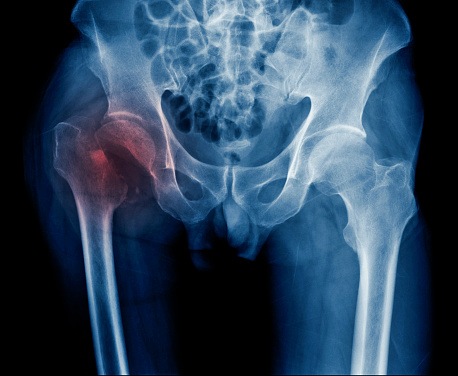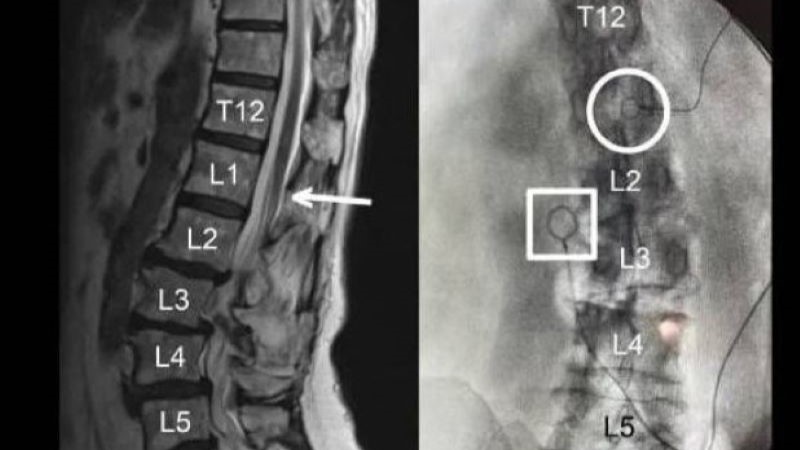
A new study published in The Lancet compared outcomes associated with accelerated hip fracture surgery versus standard care.
“Observational studies have suggested that accelerated surgery is associated with improved outcomes in patients with a hip fracture. The HIP ATTACK trial assessed whether accelerated surgery could reduce mortality and major complications,” the study authors posited.
The randomized controlled trial spanned 69 hospitals in 17 countries and included hip fracture patients aged 45 years or older who required operative treatment. Patients were randomized 1:1 to receive either accelerated surgery—with the goal of undergoing operation within 6 hours of diagnosis—or standard care. Randomization was performed using a central computerized randomization system that used randomly varying block sizes. The primary outcomes were 90-day mortality and major complications, including non-fatal myocardial infarction, stroke, venous thromboembolism, sepsis, pneumonia, life-threatening bleeding, and major bleeding.
Screening took place between March 14, 2014, and May 24, 2019. Of 27,701 patients considered for inclusion, 7,780 were eligible, and 2,970 were randomized: 1,487 to the accelerated surgery group and 1,483 to the standard care group. In the accelerated surgery group, the median time from hip fracture diagnosis to surgery was 6 hours (interquartile range [IRQ]=4–9 hours), compared to 24 hours (IQR=10–42 hours) for standard care patients (P<0.0001). Mortality rates did not largely differ between accelerated surgery and standard care patients (n=140 [9%] vs. n=154 [10%]), for a hazard ratio (HR) of 0.91 (95% confidence interval [CI], 0.72–1.14) and absolute risk reduction (ARR) of 1% (95% CI, –1 to 3; P=0.40). A total of 321 patients (22%) in the accelerated surgery group and 331 patients (22%) in the standard care group sustained major complications (HR=0.97; 95% CI, 0.83–1.13) (ARR=1%; 95% CI, –2 to 4; P=0.71).
“Among patients with a hip fracture, accelerated surgery did not significantly lower the risk of mortality or a composite of major complications compared with standard care,” the authors stated in summary.







 © 2025 Mashup Media, LLC, a Formedics Property. All Rights Reserved.
© 2025 Mashup Media, LLC, a Formedics Property. All Rights Reserved.